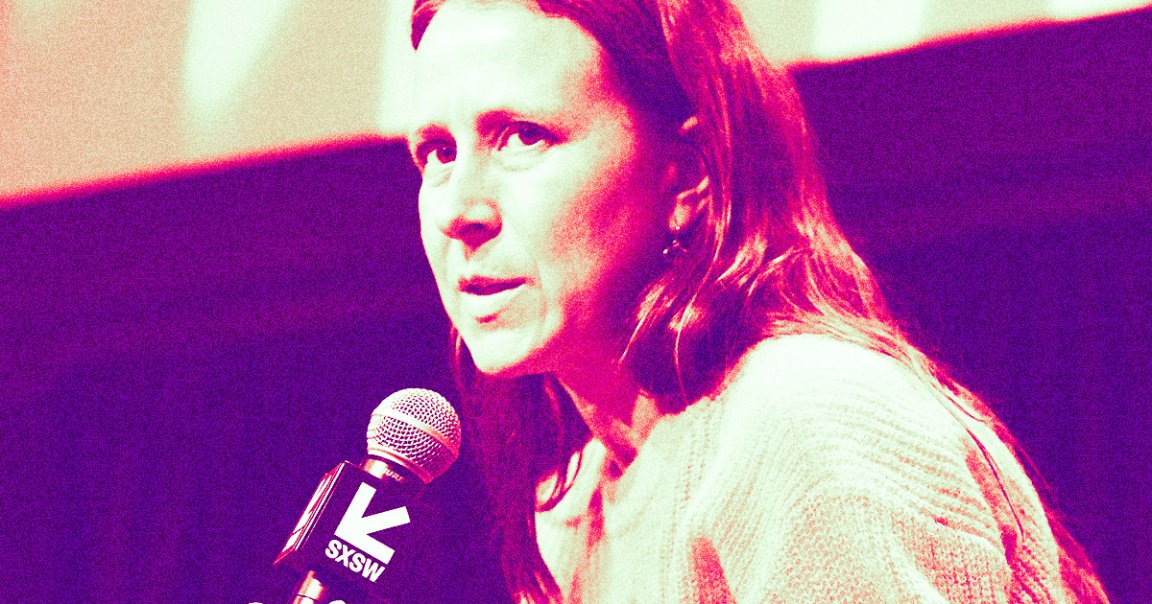
The consumer genome sequencing company 23andMe is a sinking ship – and its CEO is conducting the orchestra.
As Wired reports, 23andMe CEO Anne Wojcicki was chipper on a February 7 earnings call despite the company’s abysmal revenue report that led to its stock being devalued to below 75 cents per share, down a whopping 93 percent from the $16.04 when it first went public.
“We are an unusual company,” Wojcicki said, per Wired, during the investor call.
That response very much undersells the circumstances that may lead to 23andMe spinning off its consumer DNA testing and therapeutics wings into separate entities, like so many unraveled strands of double helixes.
That fateful earnings parley occurred just after the third anniversary of 23andMe announcing that it would be going public in 2021 and merging with a specialized holding company owned by none other than billionaire Richard Branson. The company was valued at a whopping $3.5 billion as a result, and later that same year, it purchased the Lemonaid telehealth service — but didn’t unveil its tony rebranded version, a $99-per-month service now called Total Health, until this past November.
“It’s an evolution for the company in terms of just providing access to your genome,” Wojcicki told Wired, “to now putting the wrapper around it and saying, ‘We actually want to take care of you. We want to be your partner in prevention.'”
That’s all fine and good, but it doesn’t negate the fact that in only three years, 23andMe has burned through more than half its fundraised cash, gone through multiple layoff rounds, and could, as the Wall Street Journal reported last week, run out of money by next year.
While its therapeutic wing has been in the works for years, the database that undergirds its slow-going research, which is gleaned from its customers’ genetic information, may also have spelled the beginning of its downfall. That database was the subject of a massive hack last year, and between that breach and the money it burned in the years since going public, things are looking bleak.
To be fair, Wojcicki’s Pollyanna-ism isn’t entirely blind. In an interview with Bloomberg last week, she seemed to at least acknowledge the financial hit the company’s therapeutic arm has brought upon it.
“When we decided to do drug discovery,” she said, “it was a commitment to saying we are going to be burning cash.”
Facing down all that context, the investors whose confidence drove the company to its multi-billion-dollar valuation are clearly getting worried. Now, as 23andMe faces the risk of being delisted by Nasdaq because its stock price is in the toilet, Wojcicki says she’s “optimistic” about the future.
“I think it’s a really exciting time,” she told Wired. “I think that there’s going to be incredible advances in healthcare, and honestly, I’m most interested in how you shift the curve on people.”
To Wojcicki’s mind, the future — of 23andMe and the healthtech industry at large — will “be about integrating” genetic data into “more efficient drug discovery,” a statement that belies her self-declared optimistic nature.
There is, of course, no doubt that genomic medicine is going to continue to grow — but whether 23andMe will be part of it, or even continue to exist at all, remains to be seen.
More on genetic futures: Genes Aren’t Actually the Blueprint of Life, Experts Say